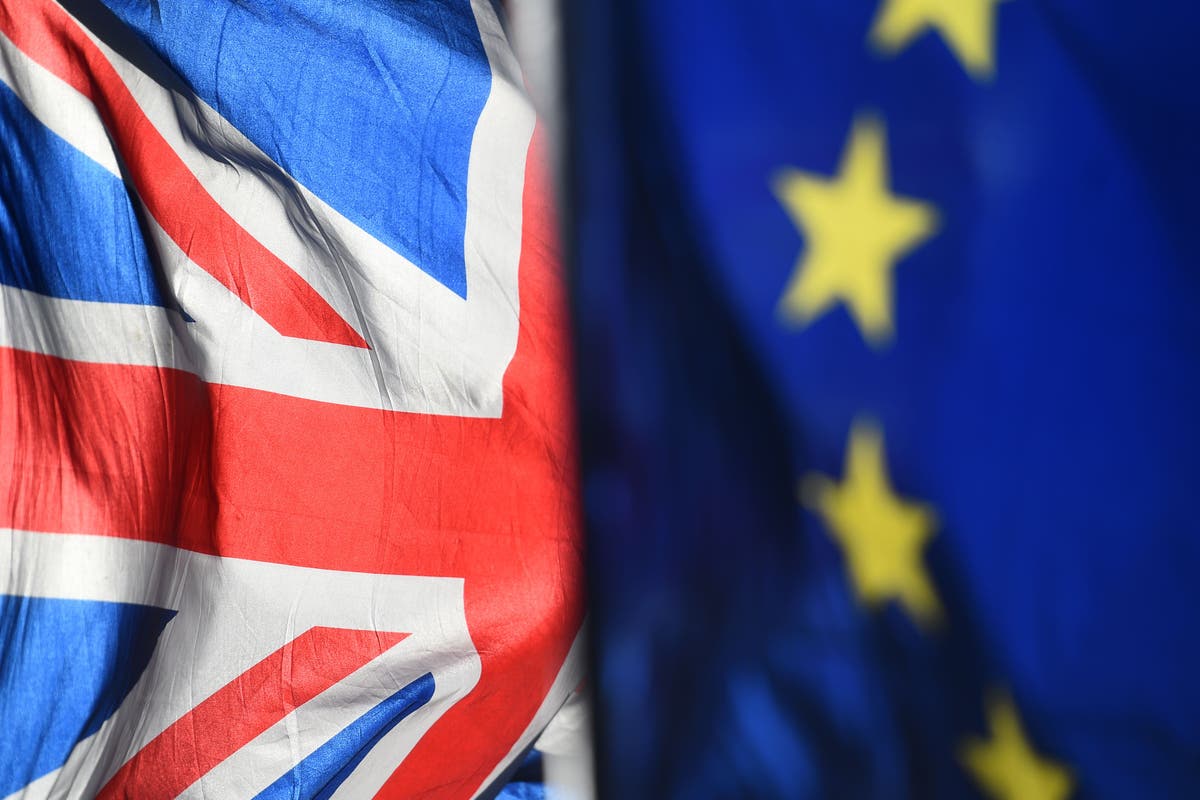
Unveiling the Impact of Brexit on the UK Economy
Key Takeaways:
The historic decision of Brexit, as the United Kingdom formally exited the European Union, continues to send shockwaves through the UK economy. The impacts of this emotional and controversial event have reverberated across several spheres, giving rise to a myriad of consequences that affect businesses, industries, and individuals nationwide. In the wake of Brexit, the UK economy has encountered substantial challenges and uncertainties, thus fundamentally reshaping the economic landscape. In this article, we explore the hidden consequences of Brexit through the lens of economic repercussions and highlight the strategies employed to mitigate its adverse effects.
Trade Disruptions and Economic Instability
One of the prominent repercussions of Brexit on the UK economy is the disruptions to international trade and subsequent economic instability. As a member of the European Union, the UK enjoyed the benefits of a single market and customs union, which facilitated the free movement of goods, services, capital, and labor. With Brexit, the UK’s departure from the single market and customs union has introduced new trade barriers, limiting access to the EU market and causing logistical challenges for businesses.
The establishment of customs controls, border checks, and regulatory compliance procedures has increased administrative burdens and costs for UK exporters. The manufacturing and agriculture sectors, which heavily rely on exports to the EU, have faced significant setbacks. Exporters now encounter delays, customs duties, and quotas that impede their competitiveness. These changes have compelled businesses to reassess their supply chains, relationships with EU partners, and consider potential relocation to mitigate the negative impact of trade disruptions.
Employment and Labor Market Challenges
The ramifications of Brexit are also experienced through employment and labor market challenges. Freedom of movement, one of the pillars of EU membership, allowed UK citizens to easily work and reside in EU countries, while also enabling the seamless movement of skilled EU workers to the UK. The departure from the EU has precipitated stricter immigration policies that restrict the flow of labor from the EU.
Industries that rely heavily on EU workers, such as construction, agriculture, and healthcare, face labor shortages and recruitment difficulties. The new immigration system based on skilled worker visas, while aiming to prioritize national employment, is often unable to fill the existing gaps adequately. The decrease in the availability of labor, coupled with increased labor costs due to potential shortages, poses a challenge for businesses across multiple sectors.
The Rising Cost of Living
As the ramifications of Brexit unfold, the cost of living for UK citizens has experienced an upward trajectory. Currency volatility, particularly the significant depreciation of the pound against major currencies, including the euro and the US dollar, has increased the prices of imported goods and services. This currency depreciation, driven by market uncertainties surrounding Brexit, has had inflationary effects in the UK, eroding consumers’ purchasing power and squeezing household budgets.
In addition to currency fluctuations, the uncertainty surrounding Brexit has exerted pressures on investment and consumer spending. Businesses’ hesitation to invest in new projects or expand operations due to unclear economic prospects has hindered job creation and suppressed wage growth. Consequently, a decline in consumer confidence and purchasing power has been observed, culminating in reduced economic activity.
The Government’s Response and Resilience
The UK government, recognizing the urgency and devastating impacts of Brexit on the economy, has taken several initiatives to address the challenges and instill confidence. A range of policies and strategies have been implemented to protect and support businesses and communities impacted by Brexit.
The government has focused on negotiating new trade agreements, striving for favorable terms to ensure market access for UK businesses. Bilateral trade deals with both EU member countries and non-EU nations have been pursued, providing alternative avenues for UK businesses to expand and maintain international trade relationships.
Investment in domestic infrastructure projects, alongside strategic grants and funding programs, has been directed towards regions that have faced severe setbacks due to Brexit. These measures aim to boost employment, stimulate economic growth, and reduce regional disparities.
Support for Affected Industries and Individuals
A dedicated support package has been introduced to assist industries directly affected by Brexit, such as manufacturing, agriculture, and fisheries. Financial aid, skill development programs, and advisory services have been made available to mitigate the immediate shocks and foster long-term recovery.
Furthermore, the UK government has launched comprehensive communication campaigns to educate and prepare businesses and individuals for post-Brexit realities. Businesses are encouraged to adapt their strategies, enhance productivity, and have access to guidance regarding regulatory changes brought about by Brexit.
Frequently Asked Questions
Conclusion
Brexit’s impact on the UK economy cannot be understated, as the consequences of this momentous decision continue to reshape the economic landscape. Trade disruptions, labor market challenges, rising costs of living, and reduced investment all pose significant hurdles for the UK. Nevertheless, the government’s proactive efforts to negotiate trade deals, support affected sectors, and preserve the country’s resilience offer hope for a recovery. Ultimately, the UK’s ability to adapt to the new realities post-Brexit will determine its future economic trajectory.
Source: insightfullgo.com
